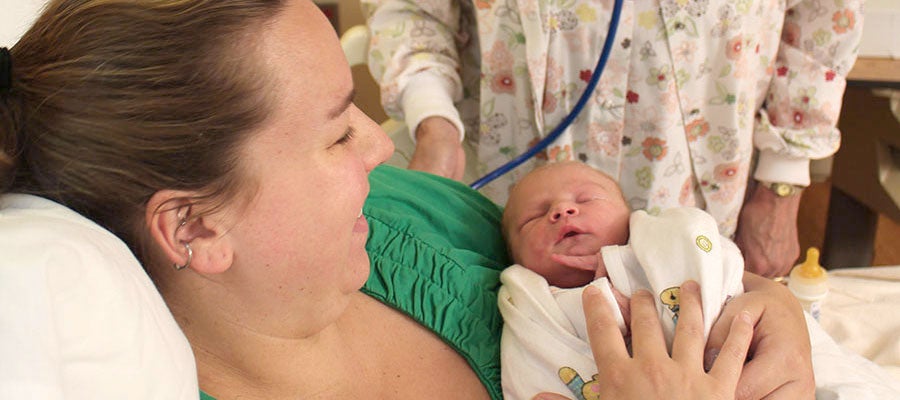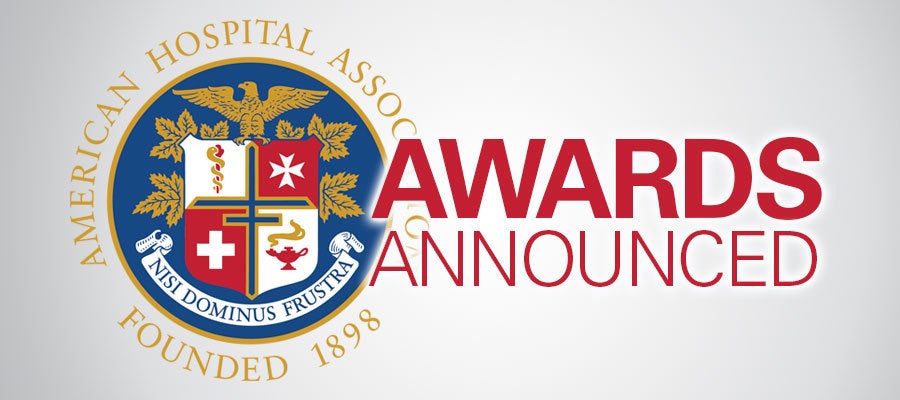
The Centers for Medicare & Medicaid Services released Medicare Part B billing codes and payment allowances for reporting and administering single booster doses of the Moderna and Johnson & Johnson COVID-19 vaccines to eligible adults as authorized Oct. 22 by the Food and Drug Administration.






